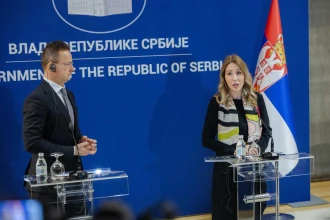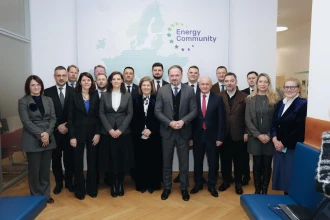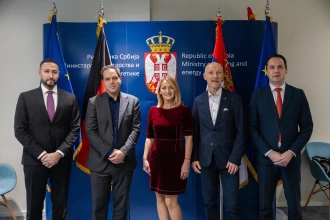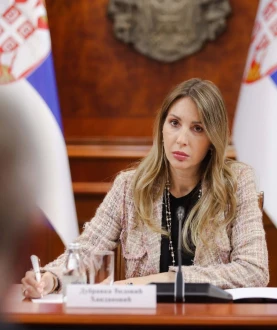Minister of Mining and Energy Dubravka Djedović Handanović participated in the Next Milano forum at Bocconi University, where she spoke about the energy transition and the growing electricity demand in the Balkans before an audience of more than 1,000 students from around the world and Serbia.
Djedović Handanović at Bocconi University - Growing Energy Demand Requires New Production Capacities
"We cannot view the energy transition separately from energy security and economic development. If we were to shut down all thermal power plants at once for the sake of higher goals, we would face a crisis of significant proportions - millions of people would be left without electricity and heat, jeopardizing essential functions of the economy, healthcare, education and the daily lives of citizens. That is why Serbia has adopted an ambitious yet realistic long-term plan to decarbonize the energy sector by 2050, for which we need baseload energy. Also, it is important that by lifting the moratorium on the construction of nuclear power plants last year, we have opened the door to considering nuclear energy as part of our future energy mix," she said during the international conference in Milan.
Djedović Handanović, speaking on the panel From Transition to Transformation: The Future of Global Energy with Rafael Mariano Grossi, Director General of the International Atomic Energy Agency (IAEA), addressed the growing global demand for electricity.
"A large proportion of young people today use artificial intelligence tools in their daily lives, and these tools require significant amounts of electricity. Data centers currently consume about 1.5% of global electricity, and this demand is expected to double by 2030. Our data center in Kragujevac is the largest in the Western Balkans, accounting for approximately 0.35% of Serbia's total electricity consumption, and soon, we will also have the largest supercomputer in Southeast Europe. We must consider where this energy comes from, how much it costs us to produce it, and whether we will have enough of it if we do not rapidly build new capacities - especially if we want our facilities and economy to run on clean energy," said the Minister.
The Minister emphasized that investments in the development of Serbia’s energy sector are planned to reach approximately 15 billion euros over the next 10 to 15 years, in order to ensure uninterrupted electricity supply to citizens and businesses, and to support further economic development. She noted that Serbia has eight interconnections within its transmission system and that it will continue to invest in and build energy corridors.
"In addition to production capacities, a stable energy supply will require a stronger transmission network. We are therefore expanding and reinforcing transmission connections with neighboring countries - Hungary, Bosnia and Herzegovina, Romania and Montenegro," she said.
During her visit to Bocconi University, Djedović Handanović met with the University's Rector, Francesca Billari, and Antonella Caru, Dean for Alumni and Development, with whom she discussed the potential for developing cooperation between this educational institution and Serbia.
"Bocconi offers some of the most internationally recognized master's programs in the world, and the possibility of launching such programs in our country would be a great opportunity for all our students to be able to earn a degree from one of the world-renowned faculties without leaving their country.
This would expand the range of available educational programs, and it is certainly beneficial to have more opportunities, including that top global universities offer their master's programs locally –all while respecting international standards of higher education," said Djedović Handanović.
The Minister emphasized that Serbia is a central country in the Western Balkans and that it has the potential to become an academic hub for the region.
“As a former student of this university, I was pleased that I had the opportunity to talk with the rector and university leadership about the possibility of opening a Bocconi Alumni Center in Belgrade. This center would bring together alumni from across our region, offer various programs and courses, and formally support the already active network," the Minister concluded.



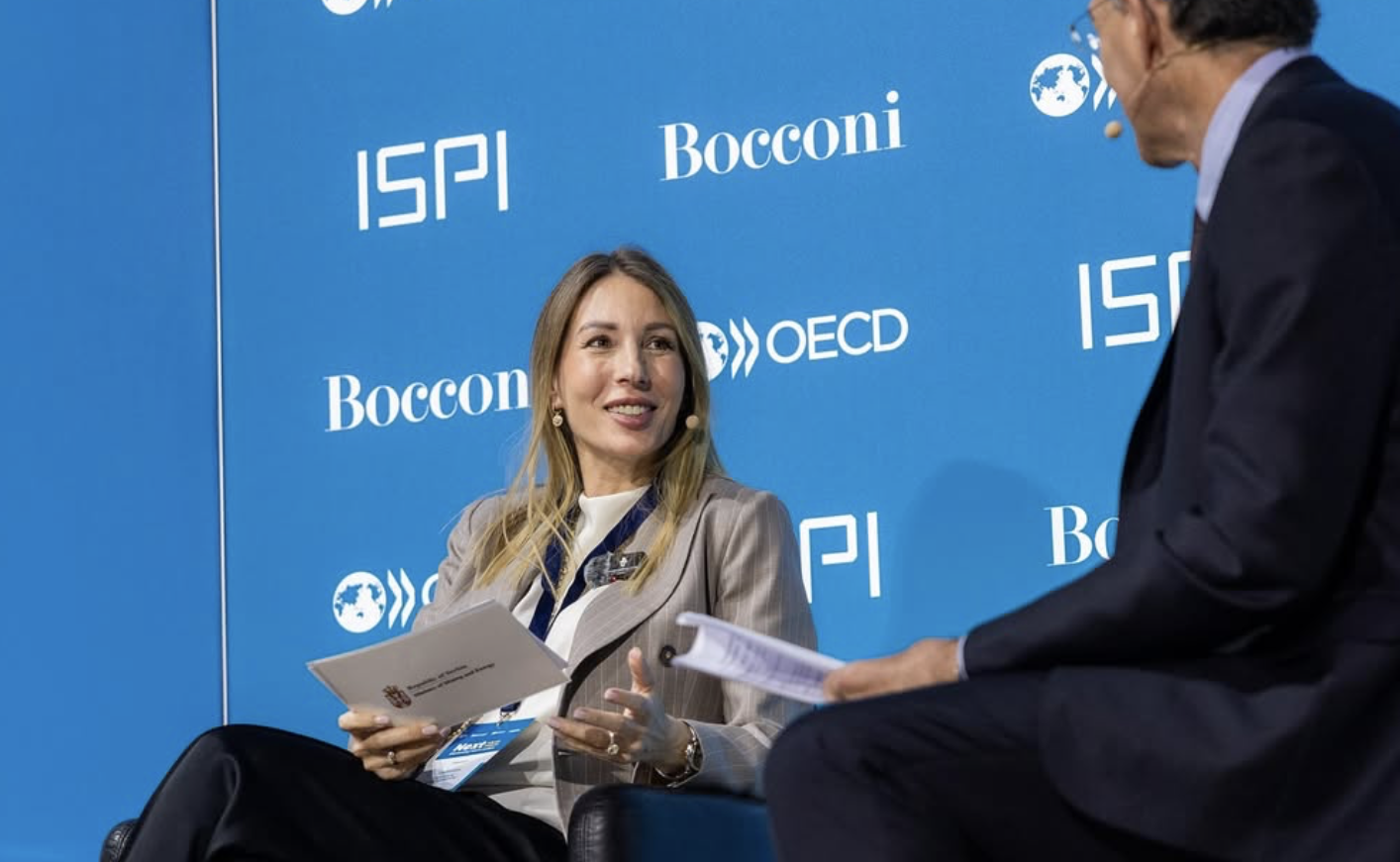
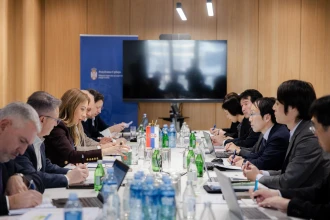
.webp)
